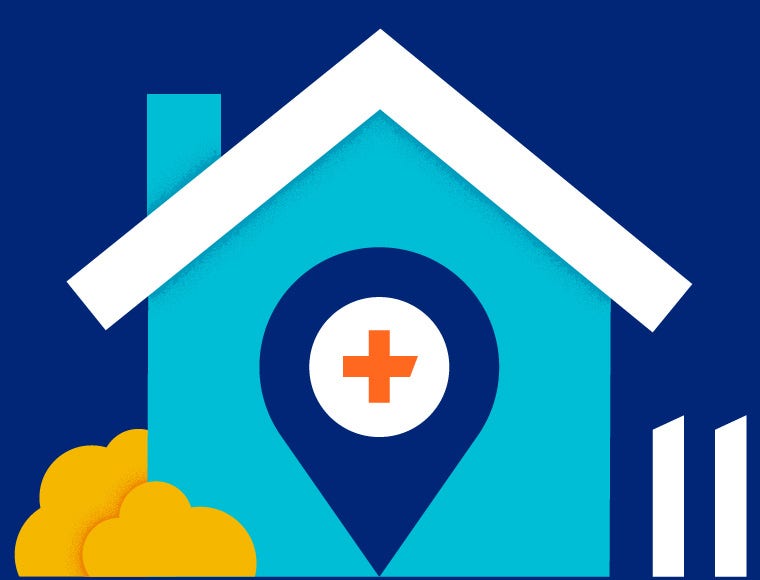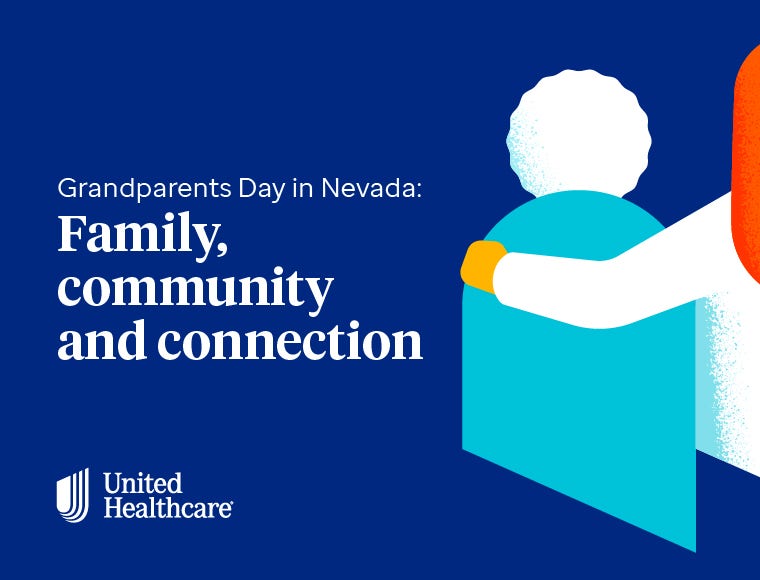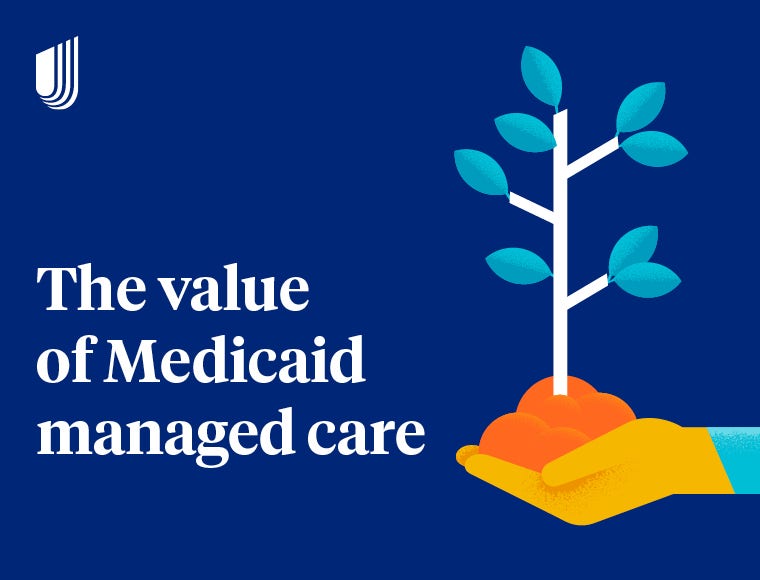Caring for caregivers: Support services and policy changes
Holly Hannes, Caregiver Support Program Director; C&S Clinical Operations, UnitedHealthcare Community & State
Caregivers have a significant impact on the nation’s long-term care system, providing care for millions of individuals. The services they provide cost an estimated $600B each year.1 However, without adequate training, support and opportunities for self-care, caregivers often face strenuous challenges. UnitedHealthcare Community & State recognizes this and supports caregivers by offering a variety of resources such as one-on-one care coaching and a caregiver digital platform through their partnership with Careforth. These resources aim to alleviate the challenges faced, ensuring caregivers can continue their impactful work.
Challenges caregivers face
Caregiving, while rewarding, comes with its own set of challenges. The most common difficulties reported by caregivers revolve around their physical, mental and financial health:
- Physical health challenges: Caregivers often experience fatigue, disrupted sleep and weakened immune systems due to the constant demands of caregiving. The stress of caregiving can also lead to imbalances in stress hormones, which can further impact physical health.2
- Mental health concerns: Caregivers are at a higher risk of depression, anxiety and feelings of isolation. Many caregivers face emotional strain and grief as they navigate the challenges of supporting loved ones while potentially neglecting their own needs.
- Financial strain: The financial impact of caregiving is significant, with lost income due to caregiving responsibilities estimated at $522B annually.1 Many caregivers face economic hardship as they balance work with caregiving or reduce their work hours to provide necessary support.
Support services for caregivers
To minimize the impact of these challenges, a wide range of support services are available at both the federal and organizational levels:
- Federal resources: Programs such as the National Family Caregiver Support Program offer grants to states to fund services for family caregivers.3 These services include access to information, counseling, education, respite care and transportation assistance.
- UnitedHealthcare’s Caregiver Resources: Through its dedicated Caregiver Resources page, UnitedHealthcare offers practical information on how caregivers can be compensated, strategies for coping with burnout and advice on financial, legal and health insurance matters.4
- Careforth Coaching: UnitedHealthcare’s collaboration with Careforth provides one-on-one coaching for caregivers, giving them tailored advice and emotional support. Surveys show that caregivers who use these services report increased confidence and reduced burnout, a testament to the success of these programs.
- AARP Collaboration: UnitedHealthcare has also teamed up with AARP to offer a platform that provides caregivers with a wealth of resources, helping them navigate the complexities of caregiving with greater ease.5
Community & State has teamed up with AARP Foundation to alleviate some of the burdens caregivers face by introducing the AARP Foundation Paid4Care hub, designed to provide information on how to receive financial support.
Necessary policy changes
While existing support services are invaluable, there is a clear need for broader policy changes to ensure caregivers receive the help they need. The National Alliance for Caregiving has identified three key policy actions that it recommends Congress consider:
- Reauthorize the Older Americans Act (OAA) and the RAISE Family Caregivers Act: These federal laws are vital in providing comprehensive, consistent support for caregivers. The OAA funds programs that help older adults maintain independence and health, while the RAISE Act mandates the creation of a National Family Caregiving Strategy to address caregivers' diverse needs.6,7
- Increase federal funding: Boosting funding for the implementation of the National Strategy for Caregivers, through grants and pilot programs at both the national and state levels, would help bridge the current gaps in support services.
- Policy recommendations: Introducing paid family and medical leave, providing caregiver tax credits and reforming Medicare and Medicaid to enhance caregiver support in home and community settings.
Caregivers are essential to the nation's health care system, yet they face significant physical, emotional and financial challenges. UnitedHealthcare is committed to supporting these individuals through valuable resources, partnerships and programs. However, for long-term improvements in caregiver support, strategic policy changes are needed to address the broader issues caregivers face. By strengthening national caregiver initiatives and increasing access to resources, caregivers will be able to provide the best possible care for their loved ones while maintaining their own well-being.
Sources
- https://www.aarp.org/
- https://www.apa.org/pi/about/publications/caregivers/practice-settings/common-problems
- https://acl.gov/programs/support-caregivers/national-family-caregiver-support-program
- Caregiver resources | UnitedHealthcare (uhc.com)
- AARP Foundation Paid4Care™ hub supports family caregivers (uhccommunityandstate.com)
- https://www.ncoa.org/page/the-older-americans-act/
- https://www.hrsa.gov/











